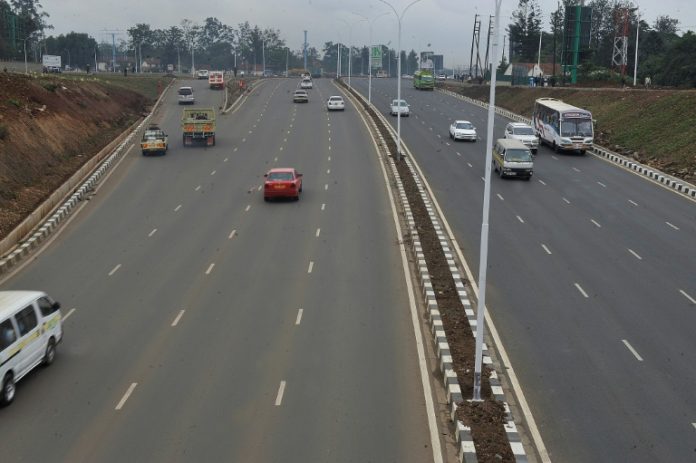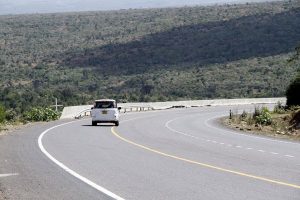Tolling in Kenya: Kenyans will soon start paying to use roads within the country. The tolling on certains roads in the country will be undertaken by the government in a public private partnership (PPP) arrangement.
Under the plan, contractors would design, finance and build roads, then manage them.
Some of the roads that have earmarked for tolling in Kenya include Nairobi-Mombasa, the second Nyali bridge that will connect Mombasa Island to the mainland, the Nairobi-Mau Summit road, the Nairobi Southern Bypass and Thika Superhighway. These five projects, some of which will be constructed while others will be refurbished, are projected to cost Sh. 320 billion, with maintenance leases running between 10 and 30 years for the different projects.
Another road that is a candidate for tolling is the 530 kilometre Lamu-Garissa-Isiolo road. Kenha recently signed an agreement with Lamu Road Consortium which will build the road at a cost of Sh. 62 billion ($620 million).
The consortium, which comprises of Group Five Proprietary Ltd and the Development Bank of Southern Afrca (DBSA), will finance and build the road and there after manage the road through to the year 2047.
The government has also been looking for a firm that will rehabilitate, expand and later maintain the Nairobi-Nakuru-Mau Summit road. The firm will also operate and maintain the Nairobi Southern Bypass.
“We are in the process of establishing the National Toll Fund to support the development of world class national trunk roads, key among which are the Mombasa to Malaba and Busia, as well as Lamu to hinterland destinations,” National Treasury Cabinet Secretary Henry Rotich said when delivering the Budget Statement for the 2018/19 financial.
Revenues from road tolls will be used by the road operators in maintenance of roads.
The government in the past argued that money collected through the Road Maintenance Levy has not been adequate to cater for road repairs and hence the need to look for additional revenues.
In 2016, Sh. 40 billion was collected through the levy, which is factored in retail prices of fuel. It currently stands at Sh. 18.










